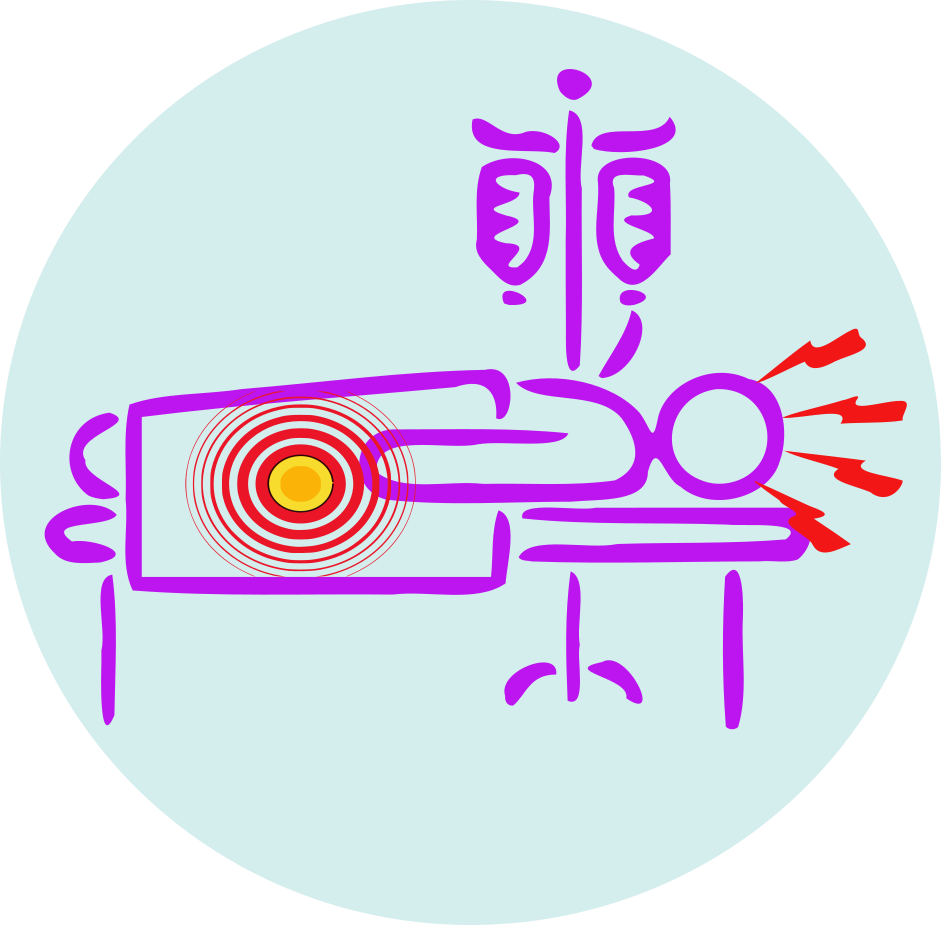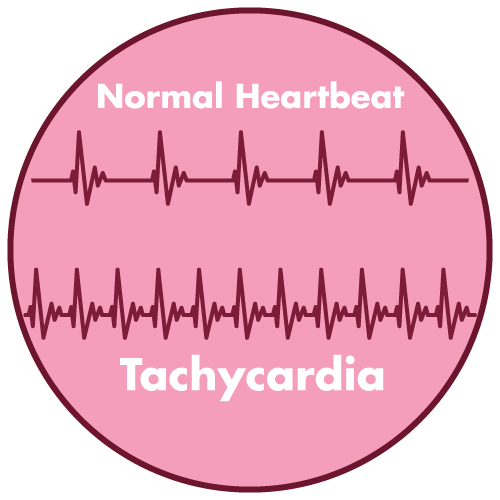| Name | Gentamicin +Ropivacaine |
| Classes |
Antibiotic Anesthetic Combination |
| Diseases |
Dental Surgery Skin Surgery |
Gentamicin +Ropivacaine
Gentamicin + Ropivacaine is a combination of an aminoglycoside antibiotic, gentamicin, and a local anesthetic, ropivacaine. Gentamicin is a bactericidal agent that inhibits bacterial protein synthesis by binding to the 30S ribosomal subunit, thereby disrupting the integrity of the bacterial cell membrane. Ropivacaine is a long-acting amide local anesthetic that blocks nerve impulses by inhibiting sodium influx through voltage-gated sodium channels.
Gentamicin + Ropivacaine is indicated for local anesthesia in surgical procedures where prolonged analgesia is required, such as orthopedic surgery, trauma surgery, and postoperative pain management.
The dosage and administration of Gentamicin + Ropivacaine vary depending on the patient's age, weight, and medical condition. The drug is administered by a healthcare professional skilled in the technique of nerve block.
The most common adverse reactions of Gentamicin + Ropivacaine include-
- hypotension
- tachycardia
- nausea
- vomiting
- pruritus
- Gentamicin + Ropivacaine should only be administered by healthcare professionals skilled in the technique of nerve block.
- The drug should not be used in patients with a known hypersensitivity to gentamicin, ropivacaine, or any other component of the drug.
- Gentamicin + Ropivacaine should be used with caution in patients with a history of cardiac disease, liver disease, renal impairment, or seizure disorders.
- The drug should not be administered intravenously or intrathecally.
- The total dose of gentamicin should not exceed 80 mg/day to minimize the risk of systemic toxicity.
- The drug should be used with caution in patients receiving other medications that may prolong the QT interval, such as class I and III antiarrhythmic drugs and certain antibiotics.
- The safety and effectiveness of Gentamicin + Ropivacaine in pregnant and nursing women have not been established. Therefore, the drug should only be used during pregnancy and lactation if the potential benefits outweigh the potential risks.
Contraindication
Hypersensitivity to gentamicin, ropivacaine, or any other component of the drug.
None known.
None known.
 Bangla
Bangla English
English




